Nobody wants to fail. But in highly complex organizations, success can happen only when we confront our mistakes, learn from our own version of a black box, and create a climate where it’s
safe to fail.
We all have to endure failure from time to time, whether it’s underperforming at a job interview, flunking an exam, or losing a pickup basketball game. But for people working in
safety-critical industries, getting it wrong can have deadly consequences. Consider the shocking fact that preventable medical error is the third-biggest killer in the United States, causing
more than 400,000 deaths every year. More people die from mistakes made by doctors and hospitals than from traffic accidents. And most of those mistakes are never made public, because of
malpractice settlements with nondisclosure clauses.
For a dramatically different approach to failure, look at aviation. Every passenger aircraft in the world is equipped with an almost indestructible black box. Whenever there’s any sort of
mishap, major or minor, the box is opened, the data is analyzed, and experts figure out exactly what went wrong. Then the facts are published and procedures are changed, so that the same
mistakes won’t happen again. By applying this method in recent decades, the industry has created an astonishingly good safety record.
Few of us put lives at risk in our daily work as surgeons and pilots do, but we all have a strong interest in avoiding predictable and preventable errors. So why don’t we all embrace the
aviation approach to failure rather than the health-care approach? As Matthew Syed shows in this eye-opening book, the answer is rooted in human psychology and organizational culture.
Syed argues that the most important determinant of success in any field is an acknowledgment of failure and a willingness to engage with it. Yet most of us are stuck in a relationship with
failure that impedes progress, halts innovation, and damages our careers and personal lives. We rarely acknowledge or learn from failure—even though we often claim the opposite. We think we
have 20/20 hindsight, but our vision is usually fuzzy.
Syed draws on a wide range of sources—from anthropology and psychology to history and complexity theory—to explore the subtle but predictable patterns of human error and our defensive responses
to error. He also shares fascinating stories of individuals and organizations that have successfully embraced a black box approach to improvement, such as David Beckham, the Mercedes F1 team,
and Dropbox.
-

So Good They Can’t Ignore You: Why Follow Your Passion Is Bad Advice and the Surprising Strategies That Work Better
$630 -

Stop the Clock!: Strategies to Bust Through Productivity Barriers
$1,398 -
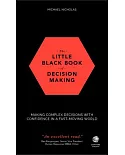
The Little Black Book of Decision Making: Making Complex Decisions With Confidence in a Fast-moving World
$770 -
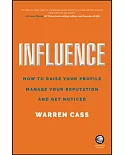
Influence: How to Raise Your Profile, Manage Your Reputation and Get Noticed
$630 -

All Dreams on Deck: Charting the Course for Your Life and Work
$698 -
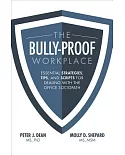
The Bully-Proof Workplace: Essential Strategies, Tips, and Scripts for Dealing With the Office Sociopath
$875 -

Willpower: Discover It, Use It and Get What You Want
$630 -

Women Who Work: Rewriting the Rules for Success
$610 -

Brilliant Coaching: How to Be a Brilliant Coach in Your Workplace
$683 -
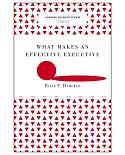
What Makes an Effective Executive
$350 -

Pivot: The Art and Science of Reinventing Your Career and Life
$560 -

Job Search Letter Samples for Dummies
$175 -

Flip Your Life: Turning Obstacles into Opportunities--No Matter What Comes Your Way
$945 -

You’ve Got This: The 5 Self-Coaching Keys You Need to Live Boldly and Accomplish Anything
$628 -
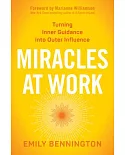
Miracles at Work: Turning Inner Guidance Into Outer Influence
$593 -

Timeless Career Tips for the Modern Millennial: You Can’t Google Anything This Good
$873 -
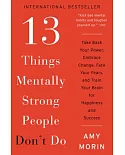
13 Things Mentally Strong People Don’t Do: Take Back Your Power, Embrace Change, Face Your Fears, and Train Your Brain for Happi
$595 -

Grow Your Value: Living and Working to Your Full Potential
$560 -

The Big Life: Embrace the mess, work your side hustle, find a monumental relationship, and become the badass babe you were meant
$875 -
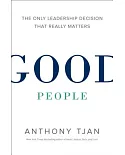
Good People: The Only Leadership Decision That Really Matters
$980

